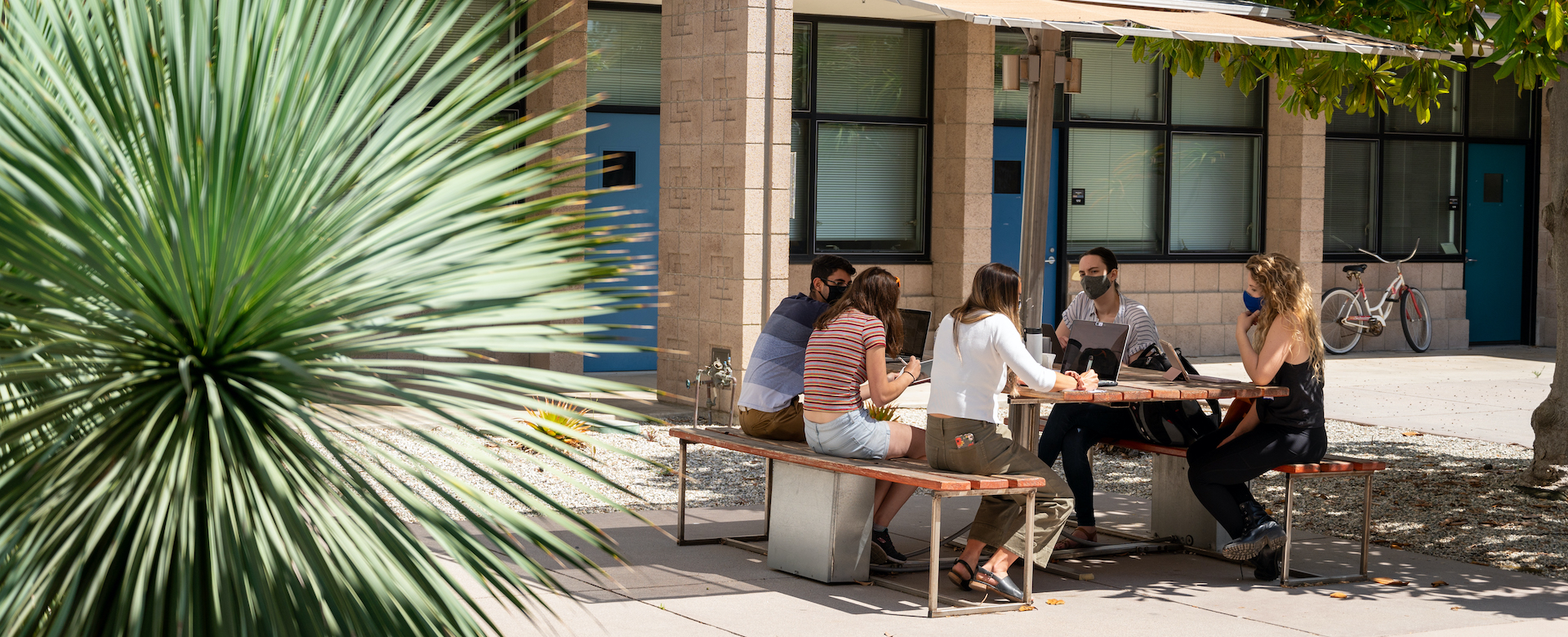
The Summer Teaching Institute for Associates (STIA) provides graduate student Teaching Associates with a flexible pre-summer practical program to prepare them for teaching as the Instructor of Record in Summer and/or Fall sessions. STIA participants plan their syllabus, create teaching materials, and draft student assessments. STIA Facilitators work with participants to provide resources, feedback on their plans, and offer online workshops.
STIA participants must be appointed as a Teaching Associate by an academic department. Hiring paperwork need not be completed to register for STIA! For those who intend to complete the STIA certificate program and actively participate, participation may qualify you for CalFresh benefits.
Cohort 1 of STIA 2026 is May 4 - June 7 (for teaching any Summer Session)
Cohort 2 begins June 22 - July 26 (for teaching in Summer B and Fall)
Requirements of the STIA Certificate (3 Modules)
Completion of all three modules is required to earn a STIA certificate. STIA is a recognized course for Requirement #2 of the Certificate in College and University Teaching (CCUT).
Associates not seeking a STIA Certificate are welcome to participate selectively in the online activities and face-to-face sessions.
May-June for Summer A courses / June-July for Summer B or Fall courses
This module runs entirely online and focuses on syllabus development, planning lectures, and drafting assessments. Participants work though one assignment per week using online resources and workshops to develop drafts of needed course materials. Participants also give and receive feedback about each draft from their STIA peers and facilitators.
Weekly assignments: Writing learning outcomes, weekly pattern, instructional materials draft, assessment draft, syllabus or course website.
May-September
Complete four activities in any combination of: workshops, tech training, and/or reflective writing assignments. Choose activities that match your needs and schedule to complete this module.
Workshops and Tech Training include: designing exams, assignments and quizzes (online and paper-based); instructional video; presentation skills; active learning; integrating multimedia; iClicker; Canvas; designing collaborative projects and group work; teaching philosophy statements; annotated syllabi; etc.
Associates meet with a departmental faculty mentor three times during the quarter to discuss successes, concerns, and issues. The day and time of sessions will be decided by the members of each mentoring circle. Please note: Instructional Development is not responsible for finding and matching associates with mentors. If you are unsure who is your assigned mentor this summer, please contact the Graduate Adviser in your department.
Testimonials
How can STIA support you in preparing your course as an instructor of record? Read how past participants found value in the program.
Cypris Roalsvig
Classics Department
STIA was invaluable in refining and improving my course materials. Engaging in this iterative process, especially the detailed peer feedback, helped me enhance my syllabus and lecture content. Seeing my peers' assignments also sparked new ideas broadening my perspective on effective teaching practices and diverse assessment methods.
Germán Silva
Geography Department
STIA helped me figure out how I wanted to organize my class, and get critical feedback from both my peers and program facilitators. It helped me take this fuzzy concept of what I thought my class would be like and make it into something concrete that I was confident in.
Bailey Immel
Psychological and Brain Sciences Department
Before STIA, I was nervous about the challenges of being lead instructor such as making decisions about assessments, maintaining a good working relationship with my TA, and creating engaging lectures. Working with the STIA mentors helped ease all of my worries and kept me on track with putting together all of my materials. Overall, STIA was incredibly beneficial as I navigated teaching a course for the first time.
Soha Saghazadeh
Film and Media Studies Department
STIA's weekly activities helped break down the initially daunting project of creating an entire course from scratch into practical tasks that build on each other, ranging from learning outcomes and assessments to weekly patterns and lecture activities. STIA instructors fostered a supportive community of aspiring teachers where we learned from each other's works. The lessons from STIA were also pivotal in receiving teaching awards from my department and the Graduate Student Association in the following year.